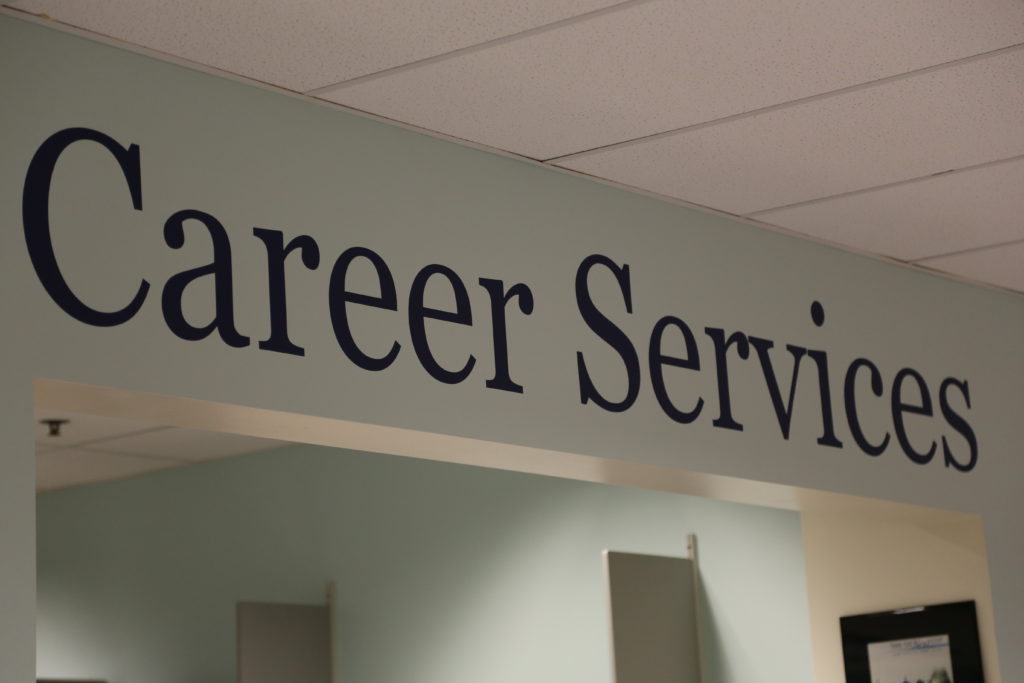Written by: Kashay Bowens, Charlotte Stefanski, Jeran Lantz-Robbins
After the Office of Diversity and Multicultural Affairs found a racial epitaph written on the diversity wall, the IPFW Police were able to identify the individual who wrote the statement. According to IPFW Chief of Police Julie Yunker, the action was not a direct violation of the law.
Ken Christmon, the associate vice chancellor for the department, said his staff discovered the inflammatory statement on Nov. 18, and he immediately contacted the university police.
“We did a very aggressive thing and put out a statement out to let people know that we’re not
going to tolerate this,” Christmon said. “There is no threat, there is no intent, it does not rise to the level of mass alerts, but it did have a hate tone to it.”
During their investigation, Yunker said her officers took statements from those in the department’s office and reviewed surveillance footage. They were able to identify the individual who wrote the statement and brought him in for questioning.
The Family Education Rights and Privacy Act limits access to a student’s education records, including campus police reports, so the student has not yet been named.
After the investigation, Christmon said the student was not trying to insight fear, but wrote it as a sarcastic statement.
The diversity wall in the department allows students to write their opinions in response to questions and topics proposed by the department in erasable marker.
“The diversity is a free speech wall, we came up with the program because we felt like students wanted to get their voices heard,” said Christmon. “Our original thought was to leave it up there and create dialog at first, because it’s on a free speech wall, but the police department advised us that is was better to take it down.”
“We further affirm that we will not allow a statement of hate to go unchallenged. We will not forget that the words were posted,” Carl Drummond, the vice chancellor of academic affairs, said on behalf of Chancellor Carwein in an email sent out to students. “We remain committed to our cherished values of inclusion and intellectual integrity and to challenging hatred and ignorance with clearer thinking and strong ideas for an inclusive and respectful way of life.”
According to Yunker, what the student did cannot be prosecuted, because it did not fall under the category of a criminal violation.
She said if the student would have used spray paint to write the message instead of the erasable markers provided at the diversity wall, then it would have been a criminal violation. However, since there was no permanent damage, it cannot be considered vandalism or criminal mischief.
Yunker also said the statement could not be considered a hate crime for two reasons, and said, “Hate crimes are actual crimes that exist and have this attribute of some kind of hate against a group. With no permanent damage and no crime, there is no hate crime.”
Indiana is also one of five states to not recognize hate crimes as criminal violations, which Yunker said was another “eye-opener” for people on campus.
With nothing able to be done in a criminal arena, Yunker said the university can take action against the person for having violated the student code of conduct. However, Dean of Students Eric Norman chose not to comment on if he was continuing an investigation.


